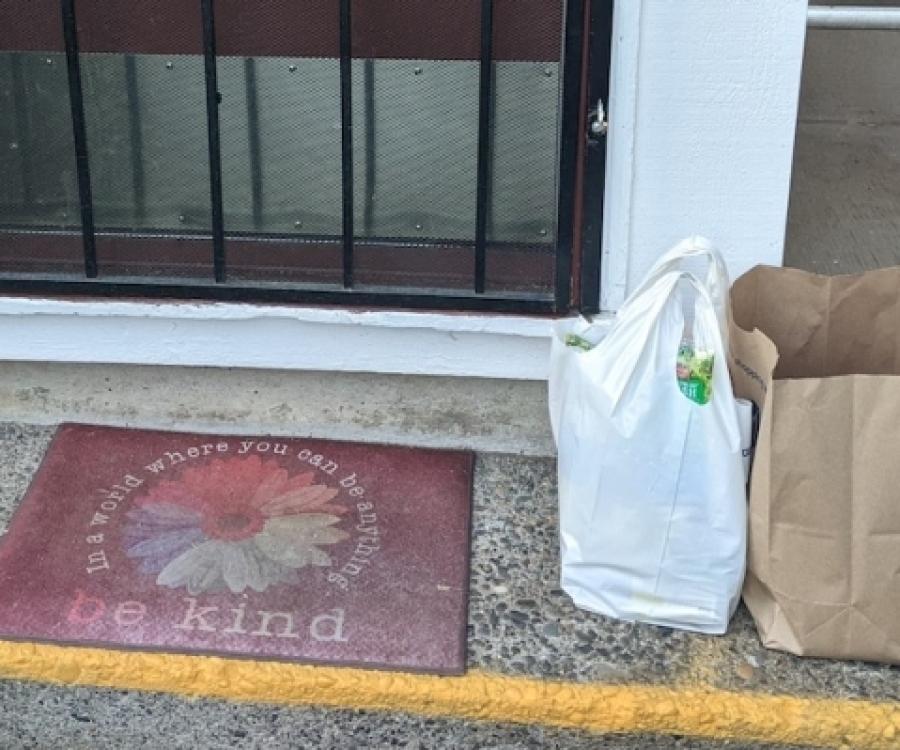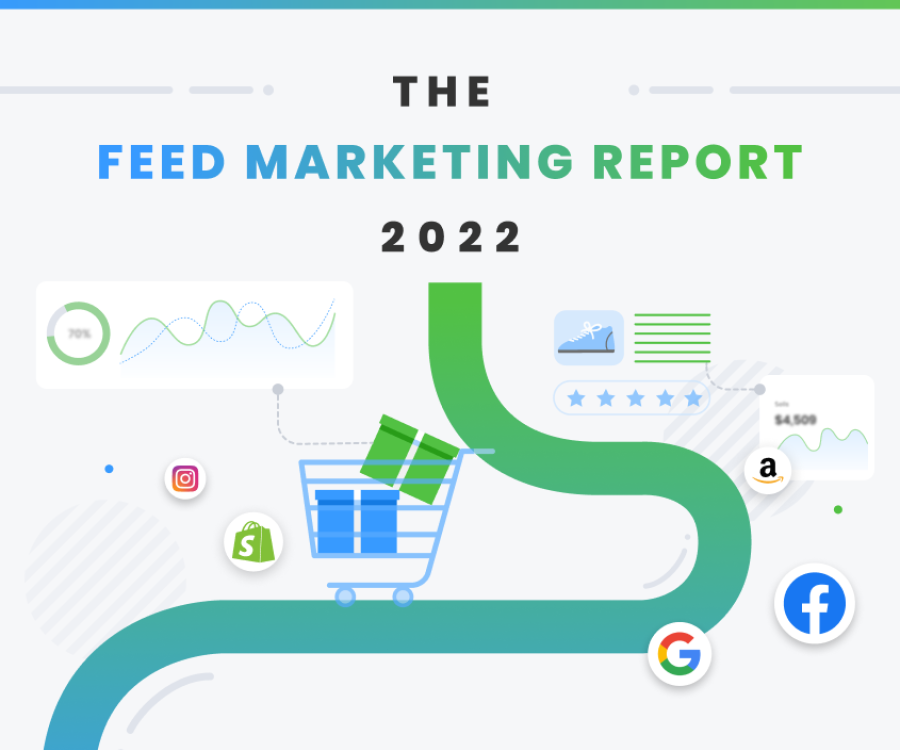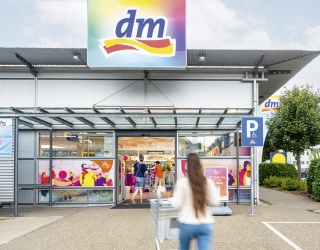
Online retail business is booming like never before. But not all niche markets have an easy time entering the online marketplace – food retailing for example. However, there are signs that this will change in the near future. In this interview, Marcel Fuhlmann, CEO and Manager of the Business Unit Platform Online Food Retailing at diva-e Digital Value Enterprise GmbH, explains what those are and which criteria successful online grocery stores should meet.
Mr. Fuhlmann, in your opinion, what signs are there for the imminent breakthrough of eCommerce in food retailing in Germany?
First of all, the fact that Amazon is also considering or is on the brink of entering the online grocery retail sector in Germany with Amazon Fresh speaks for itself. This is already an early indication that it pays off to secure market shares in this area. German players like REWE or EDEKA and individual startups are currently also investing a lot of money in this sector. This is why services have significantly increased, especially in metropolitan areas.
Even though sales volumes are still low at the moment, they will increase because many customers are willing to try online grocery shopping. Service features such as free delivery make this online service in this area interesting for customers – and they also utilize it accordingly.
Having said that, it will still take years until truly significant revenues shift from brick-and-mortar retailing to online retail. The choices offered by brick-and-mortar retailers are simply too easily accessible. What’s more, groceries cannot be dropped off at a neighbor’s house like packages – you actually need to be home to receive them. So-called pick-up locations for groceries could be a solution, such as emmasbox at the Munich Airport for example.
What kind of customer is best suited to order groceries online?
This process is well suited for older people who are no longer able to carry heavy items – this age group will also continue to grow in the coming years. It will also be practical in place of extensive family or weekend shopping to have groceries delivered to your home instead of going shopping and taking the children along. Needless to say, employees who don’t have a lot of time to shop in the evenings also benefit from the online grocery marketplace.
How do grocery retailers need to adapt their product selection, technologies, and process to be successful in this area?
One of the biggest challenges is definitely product data. There are tight statutory provisions pertaining to selling groceries, like the Food Information Regulation (LMIV) for instance that obligates retailers to show a variety of product data. Even though the data is listed on food packaging, it is not available in the product information systems of grocery retailers. It presents a big challenge to always have the data accessible and to continuously update it in synch with the industry.
One advantage of online grocery orders for grocery retailers: in the future, the retailer is also able to adequately pre-order merchandise. Aside from the data on the sales slip that is already being analyzed today, retailers are able to create complete user or ordering profiles to be able to address individual customers in a more personalized manner. This personalization is definitely also a big challenge for the online grocery retail sector.
Another advantage of the Internet for grocery retailers is that they can test new products on the market relatively quickly by only providing them to a few customers within the scope of A/B testing and consequently don’t have to order and store large amounts.

diva-e just implemented an e-food platform for EDEKA Nord that is currently running a test phase. How exactly is it set up?
It is a central platform that can be personalized for every EDEKA market so the customer feels like he/she shops at the EDEKA store on the corner. The EDEKA online store then has the same articles available as the brick-and-mortar store – this is meant to reflect the proximity to the EDEKA merchant on the Internet. EDEKA primarily wants to set itself apart from the competition by using this system. The Hippo content management system and the Konakart commerce system serve as the technical foundation. Solr ensures an efficient search function.
What are your experiences with this project – is the test phase running successfully?
It initially is an investment business. Customers are not willing to pay delivery charges of more than five Euros. But it is hard to cover all of the personnel costs – commissioning goods, shipping them, handling returns and refunds – with just this amount. This requires a high degree of consistent delivery service utilization and corresponding large order values that are not there yet at the beginning.
However, it will be important to offer customers both options in the future: convenient and fast ordering in the online shop and the shopping experience in the brick-and-mortar store, ideally with personalized customer interactions across all media. The market is still not very far developed and you still need to test whether certain features and services are well received by customers or not. It can also happen that several features are not accepted by customers at all.




